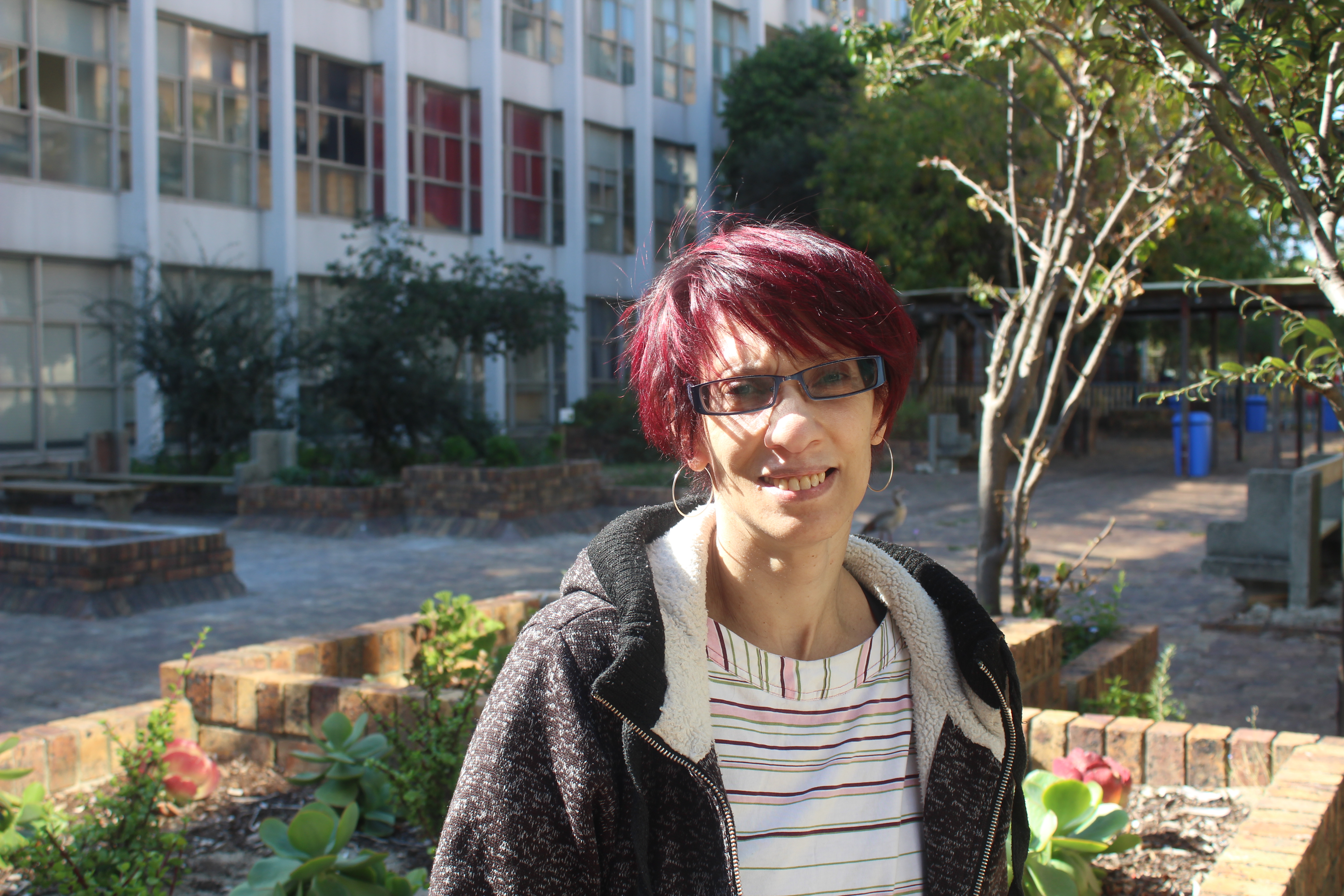
News
Living a positive life with Lupus amidst the COVID-19 pandemic
May 10 is World Lupus Day and Tygerberg Hospital is raising awareness of the many faces of lupus and the impact that this debilitating autoimmune disease is having on the affected persons during the COVID-19 pandemic. It is important to understand this disease and show support for the affected persons.
Lupus is an inflammatory disease/autoimmune disease that occurs when the body system attacks its own tissues and organs. Inflammation resulting from this may affect various body organs including the skin, kidneys, brain, blood cells, lungs, heart and the joints. While there is no cure for lupus, current treatments focus on improving quality of life through controlling symptoms.
Gwendoline Owies (48) from Kraaifontein, was diagnosed with Systemic Lupus Erythematosus (SLE) at Tygerberg Hospital in 1995. She has been working as a personnel practitioner for 27 years at the Bellville Health Park, Department of Health.
SLE patients have dysfunction in the immune system (our infection fighting system) that is due to the both the SLE itself and the use of immunosuppressant medication including corticosteroids (like prednisone) that is used to treat the autoimmune disease. Due to this, infections in patients with SLE are more common and infections are also the second most common cause of death in patients with SLE.
Gwendoline calls herself a lupus warrior as she had to really encourage herself to keep a positive mindset with this huge challenge of having had COVID and lupus simultaneously and decided to take up part-time studies to keep her mind sane. In November 2020, she fell ill and was diagnosed with COVID-19 after experiencing extreme body aches and muscle pain all over her body. Because of COVID, the lupus completely flared up. She was bed-ridden for several days, including four days in hospital.
Dr Farzana Moosajee, a specialist physician and rheumatologist at Tygerberg Hospital said, “fortunately, studies show that the risk of acquiring COVID-19 infection in SLE patients is only slightly higher than that of the general population at around 2.5%. This risk may increase though depending on complications like kidney disease due to SLE, other co-morbidities like obesity and diabetes mellitus and certain types of immunosuppressive medication that may be used to treat more severe SLE.”
Gwendoline reflects: “Combining full-time work and part-time studies takes a lot of commitment and dedication. It was a way out to stimulate my brain, because it was important for me to keep myself mentally and emotionally fit and healthy. Daily light exercises were also a contributing factor to my overall wellbeing. Miraculously my 74-year-old father (July 2020 was also diagnosed with COVID) and I pulled through together to which we are really privileged. We both made full recoveries. I am still compliant with my medication and doing great in my studies, toward a degree in human resources management. We are still applying COVID-19 protocols and refrain from social gatherings and groups.
“On the 7th of April, I receive my COVID vaccine and luckily suffered no side effects. I think lupus patients reacts differently, as everybody is different. It’s important to have a good relationship with your treating doctor, adhere to visits, take your medication, and keep abreast with information. Meditation and healthy eating are also of importance to the body. Do something constructive to keep your mind occupied away from the negativity of the pandemic as scientists are working tirelessly to find solutions,” she concluded.
Laticia Pienaar
Principal Communications Officer
Tygerberg Hospital
Tel: 021 938 5454
Cell: 081 039 4050
E-mail: Laticia.Pienaar@westerncape.gov.za


